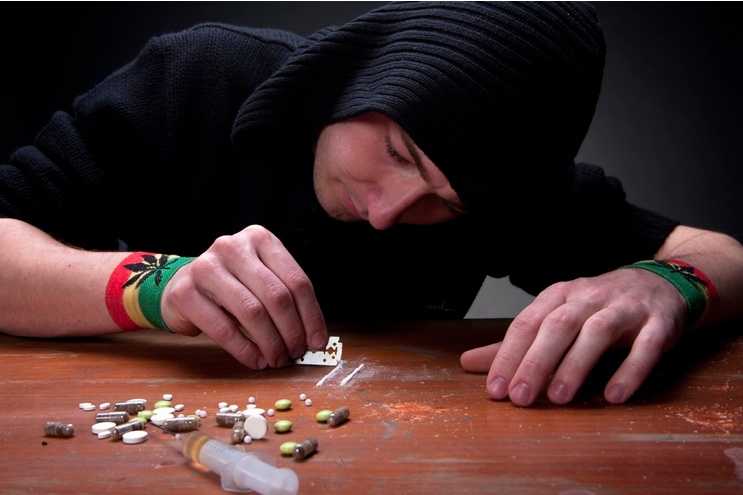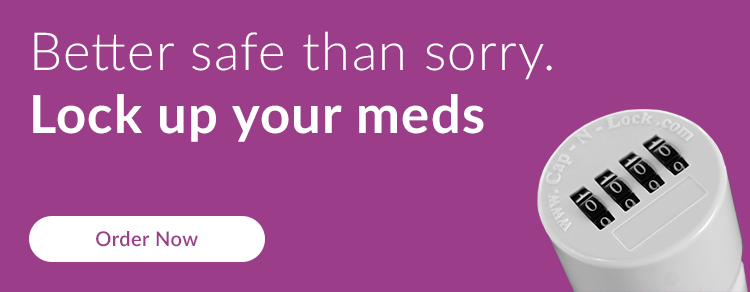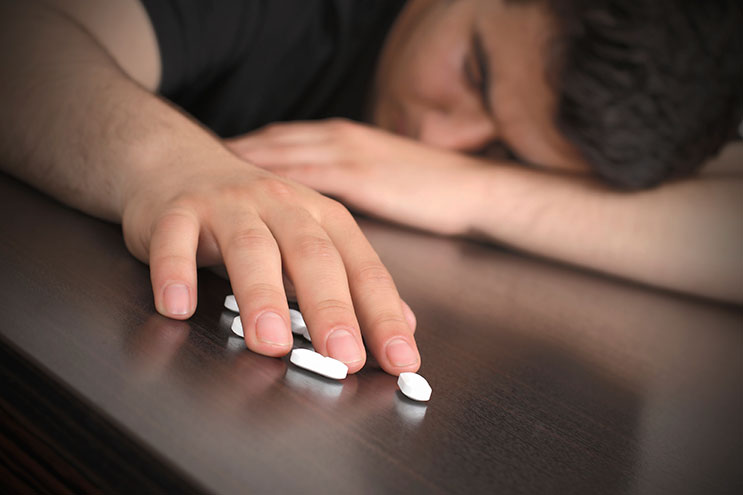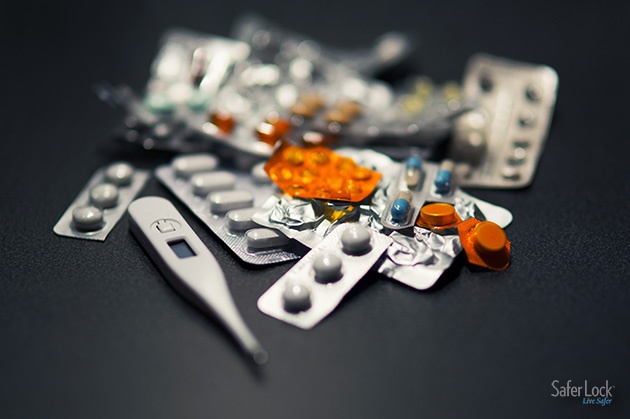Medication storage options ranging from locked boxes to locking combination caps can do a great deal to prevent prescription drug misuse, and deter curious teens from sneaking a pill out of their parents’ medicine cabinet. But for some people, there is one thing a lock won’t do…
Locking medicine storage won’t stop an addict.
Prescription drugs are highly addictive. Some of the most addictive drugs, such as Oxycontin, Demerol, Valium, Ritalin, Adderall, Xanax, Percocet, and Codeine, are also some of the most prescribed and readily-available drugs. They are so readily available that 1 in every 4 teens in America say they have used or misused a prescription drug.
The most common sources for prescription pill is either a parent’s medicine cabinet, or from a friend or family member.
“Every time I visited a friend or a neighbor, I would ask to use the bathroom. Often I would find Vicodin, Xanax, Adderall, or Ambien. By this point, I wasn’t picky. I would slip a few pills from each bottle into my pocket. No one suspected me.” - Wendy Liberman Davis, A True Account of Prescription Drug Abuse
Locking medicine storage can help deter teen drug abuse by limiting the access of prescription drugs. But when a teen has moved from drug use to prescription drug addiction, a lock may not stand in their way.
One of the reasons that prescription drugs are so addictive is because the user can develop a tolerance. The longer they take a drug, like the highly addictive opioid painkiller Oxycontin, the more they need to take to feel the same effects. Many prescription drugs also will cause a user to feel withdrawal symptoms such as agitation, anxiety, insomnia, nausea, and vomiting.
Someone addicted to pills is not going to stop taking drugs because a family member locks them up. The addiction is too strong, and addicts in the throes of addiction will go to extreme lengths to get their fix.
How does locking medicine storage help addicts?
Locking up your meds is a part of an addiction prevention strategy. Locking combination caps, for example, need to have a specific 4-digit code entered correctly before the cap will unlock. If your doctor prescribes you a painkiller after a surgery, you will be the only person who can open and use those pills. By limiting the access of prescription pills, you may prevent your teen from prescription drug misuse and abuse that leads to addiction in the first place.
There is a difference between addiction prevention and addiction treatment. Unfortunately, addiction treatment requires a bigger solution than simply hiding or locking medications in your home. If you are dealing with teen drug abuse or addiction, successful treatment may require several components such as detoxification, behavioral treatments or counseling, and sometimes even addiction medications to relieve withdrawal symptoms.
Locking medication storage can help deter teen drug abuse, but it will not always stop an addict. Lock up your meds, watch your teen for signs of drug use, and if you think your teen is addicted to prescription drugs – help them get the treatment they need.





